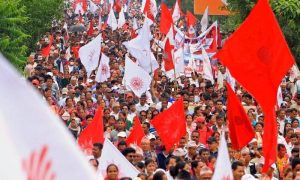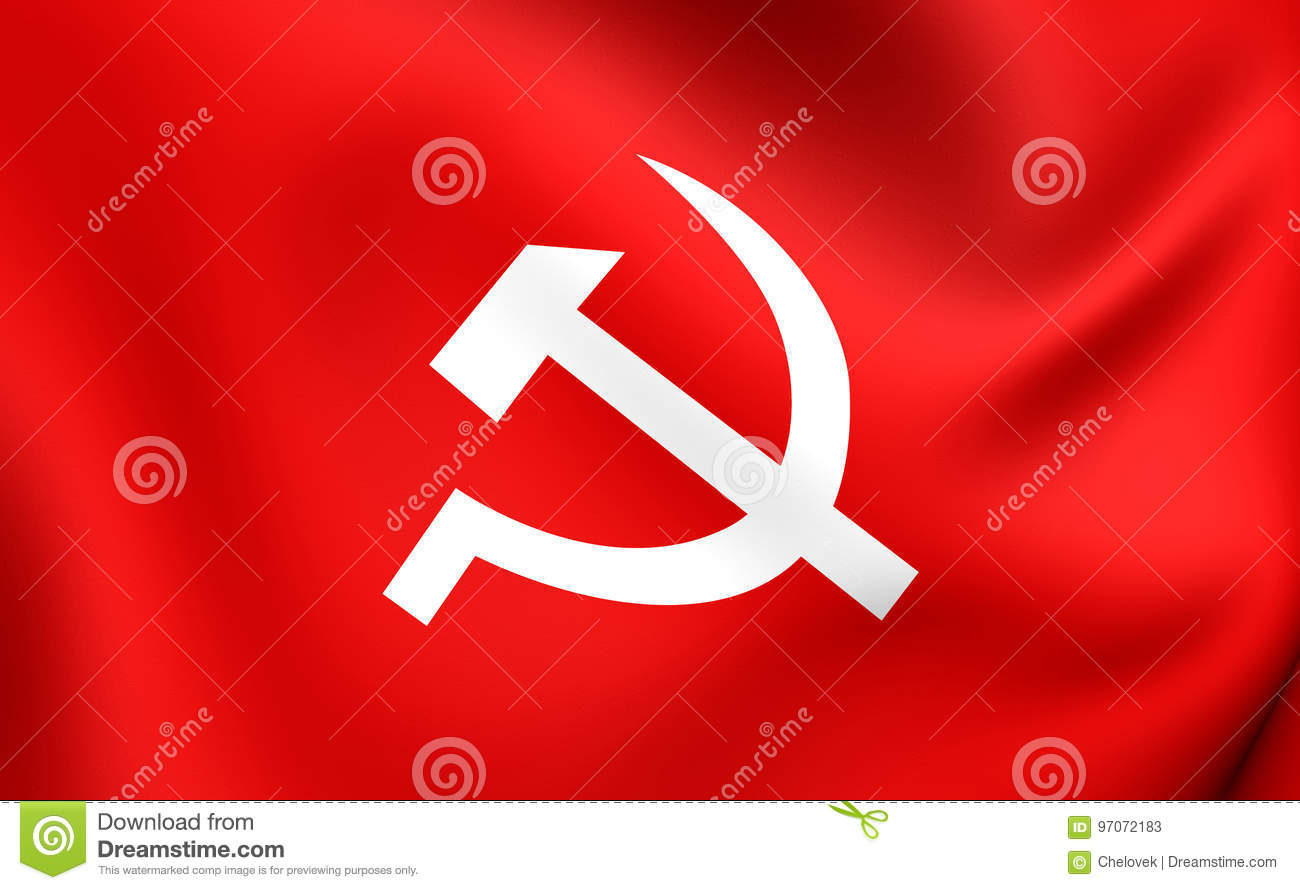The first news of the revolt at the Maoist Center came on October 19, when party chief Devi Khadka of Dolakha district resigned from the party expressing dissatisfaction over ticket distribution. Since then, there have been continuous reports of dissatisfaction in the party.
Rebellion has intensified over the question of ticket distribution in the Maoist Center, the second-largest party in the ruling coalition in Nepal. The Communist Party of Nepal (Maoist Centre) has given tickets to its leaders for the November 20 general elections, they are facing a lot of trouble due to the rebellion within the organization. Some candidates have even told the party leadership that their own leaders and workers are creating more problems than the opposition they are facing in the election fray.
The first news of the revolt at the Maoist Center came on October 19, when party chief Devi Khadka of Dolakha district resigned from the party expressing dissatisfaction over ticket distribution. Since then, there have been continuous reports of dissatisfaction in the party. The Maoist Center is part of the ruling coalition led by the Nepali Congress. Voting for the direct election seats of parliament and provincial assemblies in Nepal will be held next November 20.
The leaders of the Maoist Center have acknowledged that internal dissatisfaction could hurt the party in the election. Party Secretary Leelamani Pokharel has said that dissatisfaction over candidate selection is common in parliamentary parties. “I do not rule out the possibility that dissent may have an impact on our electoral prospects,” he said.

According to observers, if this happens, the Maoist Center’s ambition to emerge as a kingmaker after the election may remain unfulfilled. The ruling coalition includes the Nepali Congress and the Maoist Centre, apart from the Communist Party of Nepal (Unified Socialists) and the Rashtriya Jan Morcha. According to media reports, about five dozen rebel candidates of the Maoist Center are contesting for parliamentary and provincial assembly seats. Rebel candidates of other parties involved in the alliance are also in the fray. Voting will be held on November 20 for 165 direct elections to the lower house of parliament and 330 such seats in the seven provincial assemblies.
